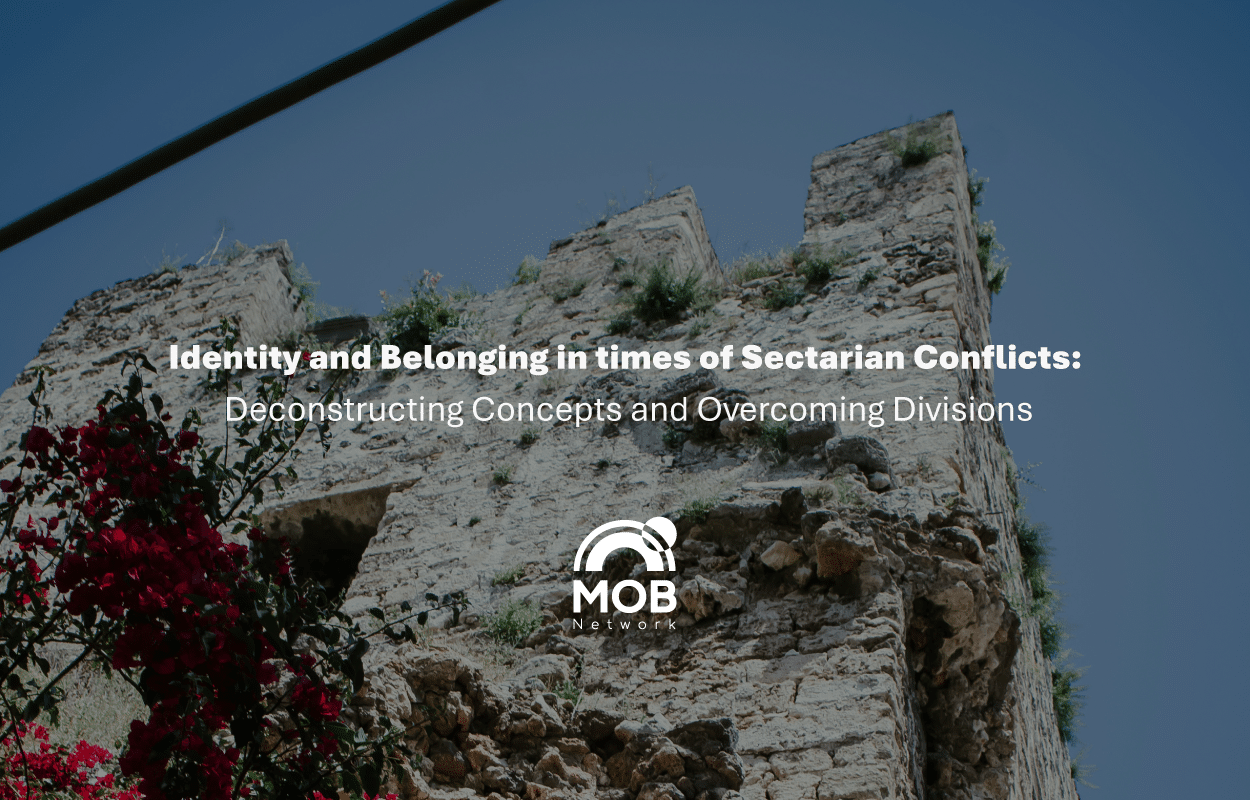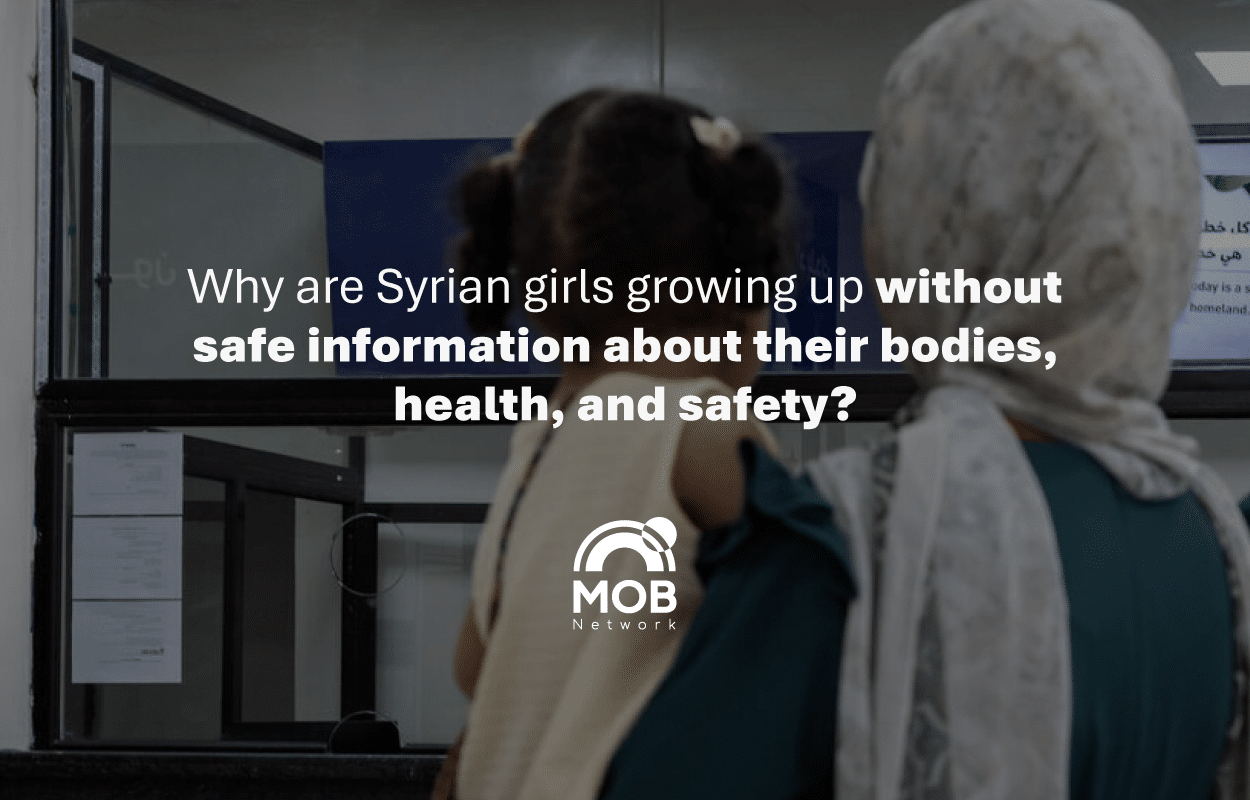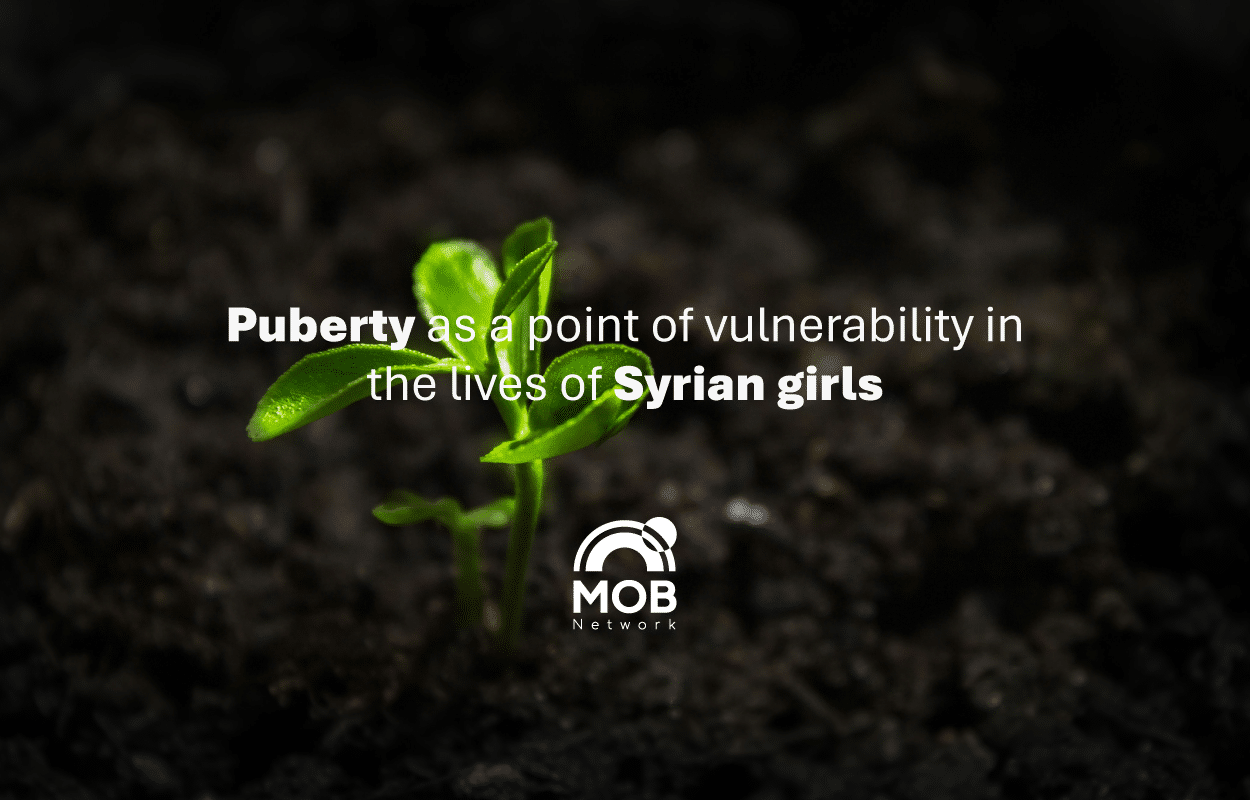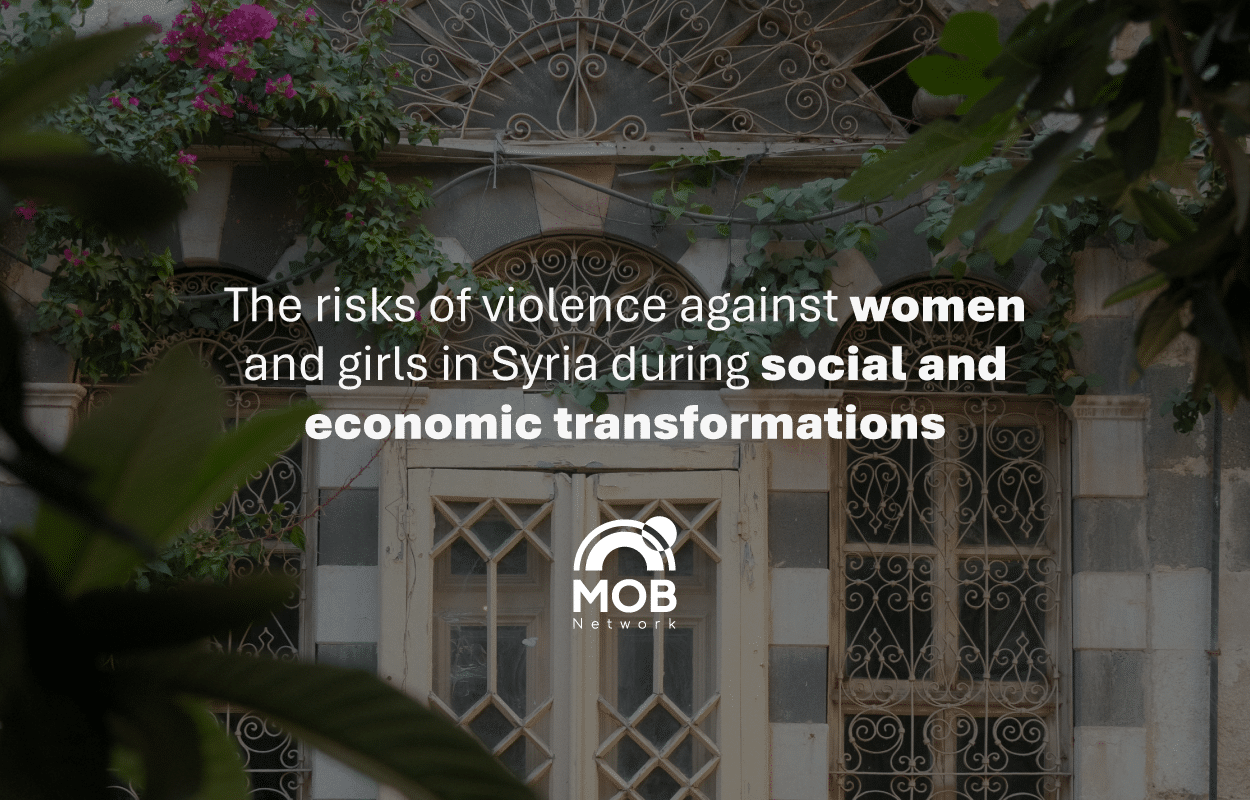There is a widespread misconception that the root of sectarianism is in the richness of different ethnicities, religions, and sects in our societies and that the existence of this diversity is a curse rather than a blessing, as if the problem is the result of a structural defect linked to the very construction of our societies themselves. But in fact, this is a shallow concept that obscures the state’s responsibility, which must treat all its citizens equally, regardless of their differences, and treat them as members of a single political association, guaranteeing them the freedom to express their identities and affiliations within the framework of that single national family.
This is the concept of the nation-state, which establishes a new bond that does not eliminate civil affiliations, whether religious or ethnic, but rather creates a new space for interaction, communication, cooperation, and the exchange of interests, so this space itself creates a new sense of kinship and cohesion, which is what we call nationalism.
What happened in most Arab countries – if not all of them – are authoritarian governments that adopted the mechanisms of exclusion and marginalization as its approach, it strengthens and privileges one sect at the expense of another and convinces it of the inevitable diminish if it refuses loyalty to the authority.
They run the states as if it was their own private wealth, without any minimum level of responsibility, and they were dealing with sectarianism in two ways:
On one hand, they are always shouting with superficial slogans of unity and nationalism, but hiding the problem of sectarianism behind a veil that blows away with the wind at the first gale! And on the other hand, they were investing heavily in strengthening the influence of their power and maximizing interests.
The concepts of identity and belonging in the perspective of divisions
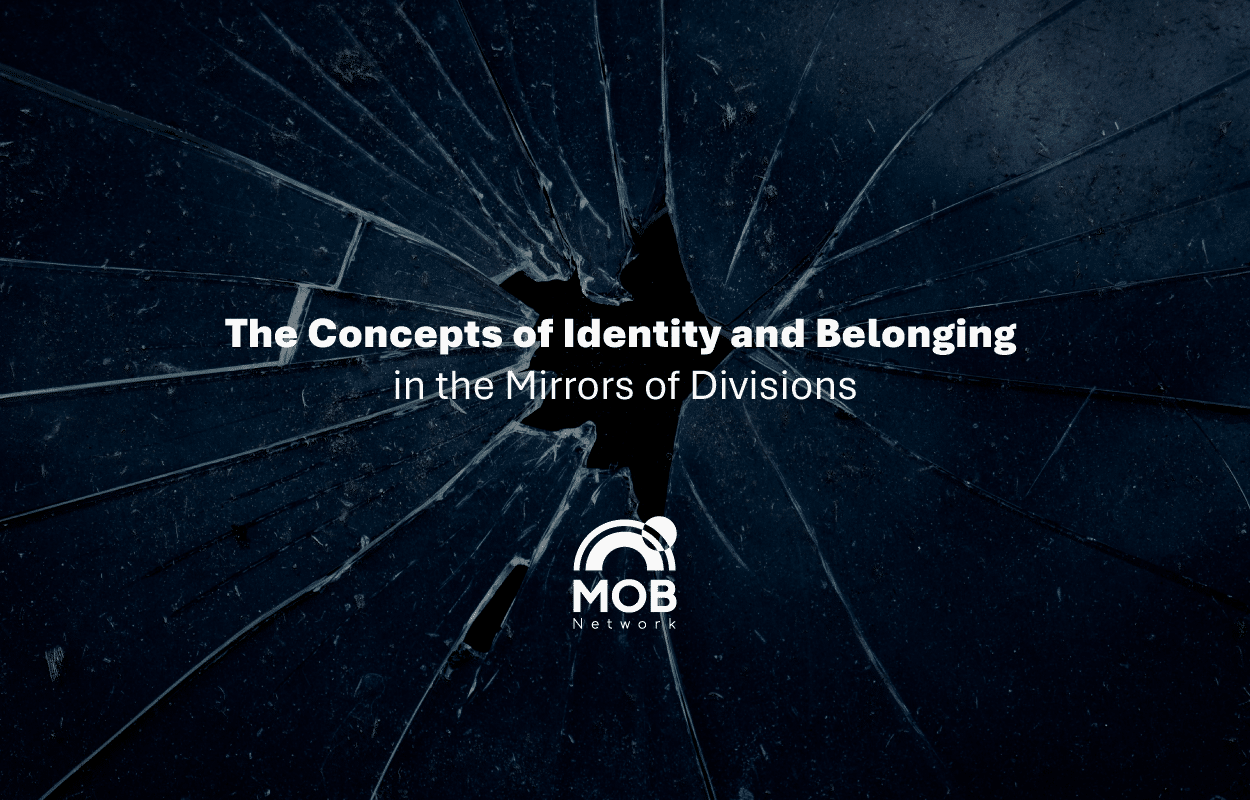
Talking about identity in a time of sectarian divisions is like walking on a knife blade, the word itself sounds familiar, but it’s full of a history of conflict and misunderstanding.
So, what does identity even mean? And how can belonging – that warm sense of connection to a group – turn into a high wall separating us from others?
Is identity a fixed in place stone, or is it more like a living, breathing organism that changes with changing circumstances and relationships?
Identity and belonging are two scarves woven with threads of memory and roots. We wear them without realizing it, and they accompany us on our journey through life.
They are more than just two terms; they are a mirror that reflects a person’s relationship with the cultural environment, a hidden bond that connects people to the society and their past, also giving them a sense of security and being.
By delving into the depths of these two concepts, we discover our ability to build bridges of communication between diverse cultures and rise to a level of understanding that transcends the boundaries of language, race, and religion.
Identity is not a restriction, but rather roots from which we derive meaning.
Belonging is not a dependency, but a choice that manifests itself in interacting with the world with a vibrant sense of purpose.
In the face of globalization and social transformations, awareness of identity and belonging remains as a safety valve that maintains self-balance and steadily leads it toward deeper, more humane communication.
In societies plagued by sectarian conflict, identity is often redefined through harsh slogans that make differences a threat and the other an enemy, and this in itself is deeply problematic.
It’s often said that a person needs a sense of belonging, and it’s true. No one lives without roots! But the problem begins when those roots become closed, allowing only one type of soil and one color of leaves.
Under sectarianism, terms like “we” and “they” become linguistic knives that exclude rather than define.
Identity is a flowing river, not a stagnant well.
Identity is not a fixed entity or a closed box in which we keep a single definition of ourselves, but rather a flowing river whose terrain changes with every turn in our lives.
Sarah, a Syrian teacher who once identified herself as Arab, Muslim, Sunni, and Damascene, did not betray these roots when after years of living abroad to study in Canada, she described herself as an entity where the Barada River meets the St. Lawrence River. And she was simply experiencing the natural transformation of her identity.
Identity is a continuous process of formation, shaped through three layers: cultural, professional, and spiritual, all of which change over time.
A young man who is enthusiastic about his country may later become a believer in universal values, and the mysterious ambition turns into a mature professional identity,and religious heritage turns into a deep personal faith.
These transformations are being shaped by hidden forces:
From being abroad and that what teach us to redefine ourselves,
And the crises that push us to rearrange our spiritual and existential priorities,
Also access to the digital space that allows us to experiment with multiple identities and accumulate affiliations.
Even cultural constants we believe to be solid, from language to traditions and values, are not immune to change; they blend, recreated, and reshaped according to contemporary contexts.
Amidst all this, there must be a flexible approach to identity that accepts transformation not as a betrayal of the past but as evidence of life.
Note that practice writing our résumé every few years to discover what has changed and what has stayed the same and to search for a meeting point between the different dimensions of our identities, rather than being satisfied with one of them is the right choice.
“These divisions that we are witnessing between various regions in Syria are a direct embodiment of the crisis in national identity that the Assad regime has emptied of its content that transform Syria from public property for all its citizens and people into private property for his family, to make it like the feudal tsarsist autocracy and to fragment the people so that they can be dealt with as sects, regions, tribes, and clans, not as a nation, association, or unified political identity.”
Burhan Ghalioun Tweet
Reshaping identity to become a unifying force rather than a discrimination tool
Building a unified identity requires a multi-level project that focuses on recognizing the historical injustices of marginalized groups as a first step, and adopts transitional justice as a fundamental building block to build the foundation of the identity bridge.
Citizenship, which defines rights and duties based on national affiliation rather than sub-identity, is the foundation, without neglecting reform at the educational level by promoting the values of equality and a comprehensive national identity instead of reproducing sectarian discourse, Education should present diversity as a source of strength, not a threat.
In a conversational meeting conducted in a “global café” style in a Syrian governorate, we posed the following question to a group of dynamic participating youth:
What can we do to be built and achieve a unified Syrian identity?
The answers were, to say at least, mature and full of hope and awareness.
It focused on working to create and expand cultural spaces that bring together diverse cultures, which contributes to knowing the other, include the collective identity in a thoughtful and real manner within the Syrian curricula, spread the cultural openness to others,Opening community dialogue platforms, and Organizing meetings that bring together various components of society to build trust and reduce prejudice.
Also, a Syrian young woman also emphasized the need to support equal political participation and ensure fair representation for all sects in political institutions.
Also, they concentrated on the importance of developing shared arts and culture through supporting cultural initiatives that reflect and celebrate diversity, and building independent institutions that work to implement the law fairly, regardless of sub-affiliations.
In a Lebanese village, a church bell hangs with a mosque crescent above it.
This scene, which at first glance seems simple, summarize the essence of our vision:
Different Identity and affiliations are not a prison, but rather a structure that we choose and participate in shaping.
Today’s sectarian crises are the result of repressive policies and deliberate marginalization, and are not a cultural or religious fate, and liberation from it begins when we refuse to reduce ourselves to a single identity,
It is not justified for us to be born in a certain geographical area, to grow up and be raised under the teachings of a particular religion or sect, and within a specific ethnic group, and then spend our lives in blind loyalty without using our minds, criticizing impartially, being civilized, and rising above fanaticism and hatred of others.

